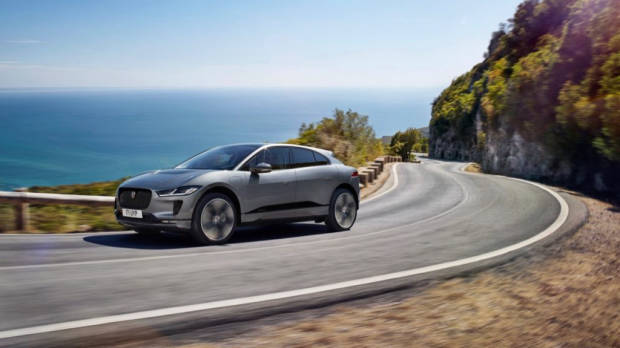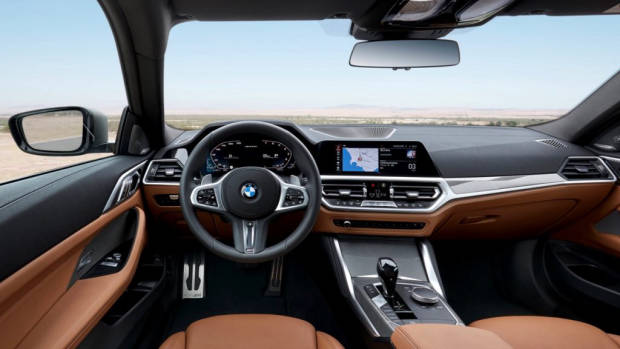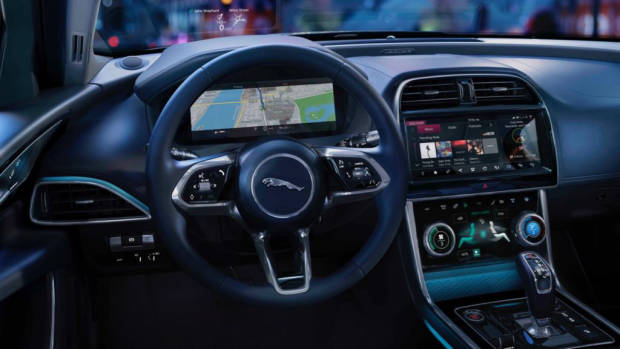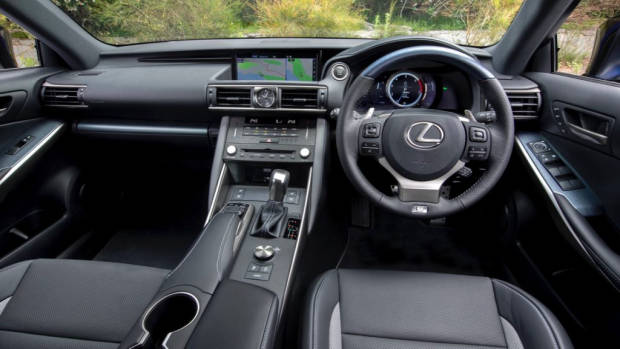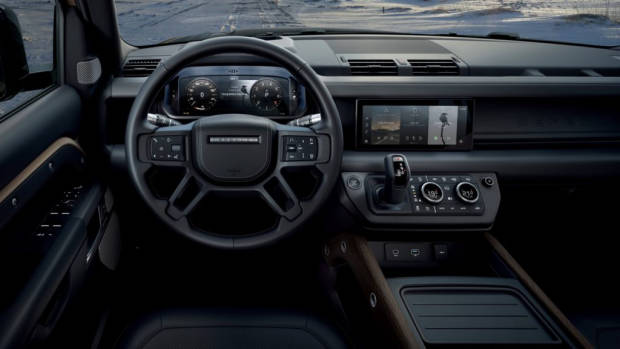-
Car Reviews
- All reviews
- Midsize SUVs
- Small cars
- Utes
- Small SUVs
- Large SUVs
- Large cars
- Sports SUVs
- Sports cars
- Vans
Latest reviews
- Car News
-
Car Comparisons
Latest comparisons
- Chasing Deals
Touchscreens have become almost a necessity – buttons and rotary dials simply do not provide freedom needed to navigate through contemporary content-heavy infotainment systems.
But touchscreens certainly have their drawbacks, one of which has been brought to light with the current pandemic, the potential to carry harmful bacteria and viruses. Jaguar Land Rover (JLR) reckons they have a solution in the works.
It forms a part of the JLR’s broader “Destination Zero” plan aimed at minimising carbon emissions, vehicle accidents and traffic load.
The all-electric I-Pace spearheaded the push to drop emissions, but as anyone who lives near a bumpy road knows, content-heavy touchscreens can be difficult to interact with and have accident-causing potential.
And so JLR begun the development of a contactless touchscreen system with help from Oxford University to “reduce cognitive load” on the driver. JLR even claims this technology will be possible to engineer into current infotainment systems.
While JLR isn’t the first – BMW’s gesture control system found on upper-trim 5 Series comes to mind – boffins at Oxford University might really be onto something here.
By employing a suite of cameras, eye-gaze sensors and radiofrequency sensors to gather information, JLR claims that artificial intelligence algorithms will be able to predict where a user’s finger is pointing exceptionally early in the motion.
It’s a significant development from the now ubiquitous driver-alertness-monitoring systems.
Supplementing the sensors is stored user knowledge. Information such as favourite destinations, radio stations, artists, air-conditioning settings will assist in the touch-free experience.
From the sounds of it, regular touchscreen capability will remain, but it will allow contactless fiddling with the car’s infotainment. In an increasingly hygiene-conscious environment, this tech makes sense.
It’s undoubtedly a sensible move for safety. If the technology works as well as JLR suggests, there’s potential for much simpler operation on Australia’s bumpy roads.
A notable example of this difficulty is Audi’s MMI infotainment system found in the latest Q8 which throws out the supplementary rotary dial. On smooth German highways, we doubt this is an issue, but the pockmarked roads around Chasing Cars HQ can equate to some mis-clicking.
While in the Japanese brand Lexus has stuck to their trackpad-driven system, found in the IS line-up and across the range, which takes some getting used to. JLR claims the touchless system will be as natural as operating a smartphone when it’s finished.
Probably the most exciting news is that, according to JLR, the artificial intelligence software can be implemented with existing touchscreen-based infotainment systems, though the aforementioned sensors will be required.
We hope to see this smart gadgetry appear on JLR products soon; the brand spruiked that the system is very close to being production-ready and the provided mock-up photo shows the all-new Defender’s interior in action.
While touchless touchscreens may sound a little ridiculous, it’s a step in the direction of pure comfort and opulence in the mysterious world of future-mobility. We can hardly wait.
Latest news
About Chasing cars
Chasing Cars reviews are 100% independent.
Because we are powered by Budget Direct Insurance, we don’t receive advertising or sales revenue from car manufacturers.
We’re truly independent – giving you Australia’s best car reviews.
